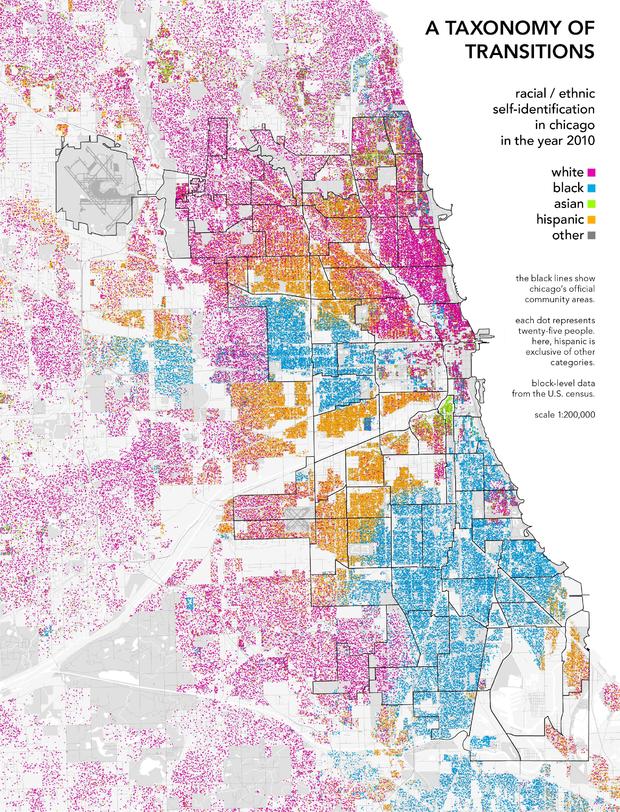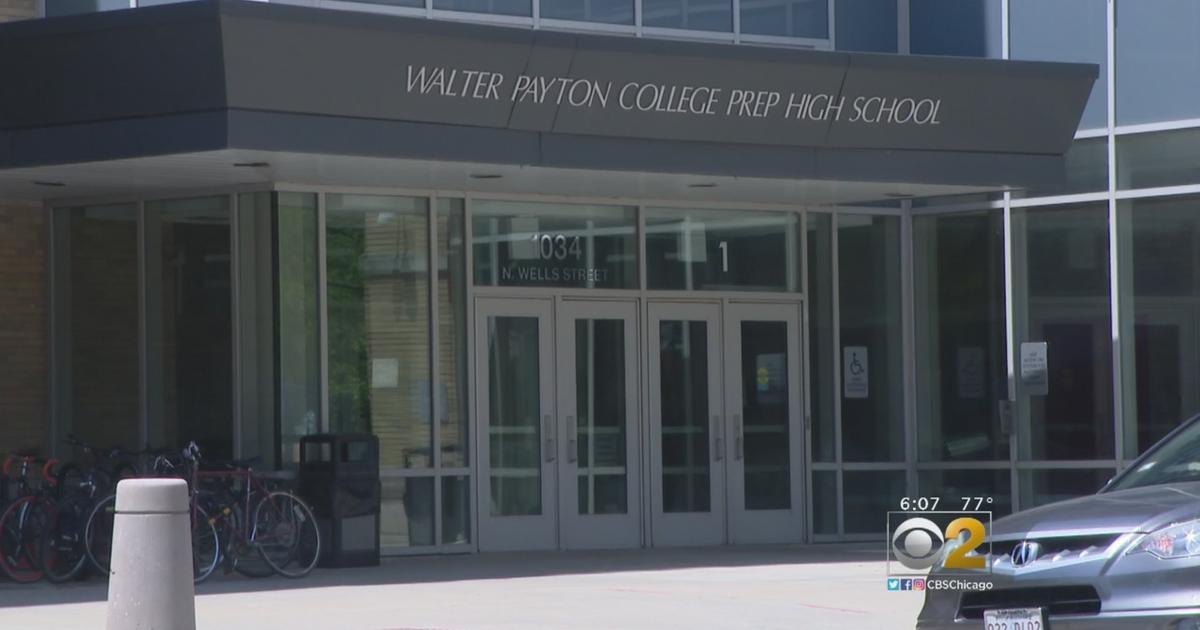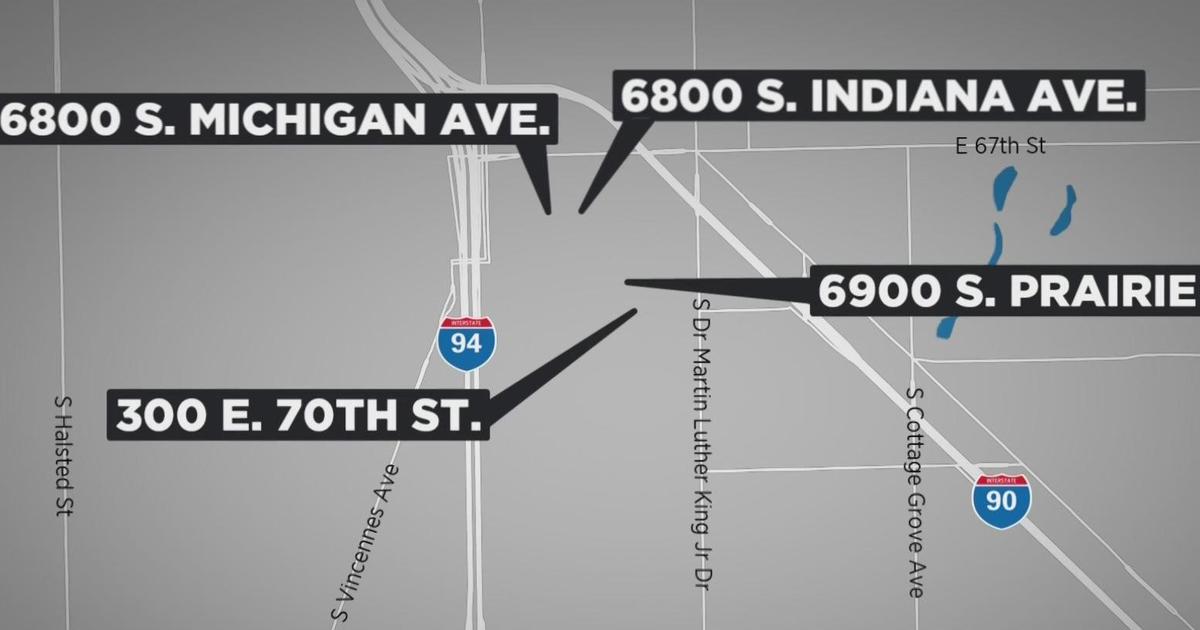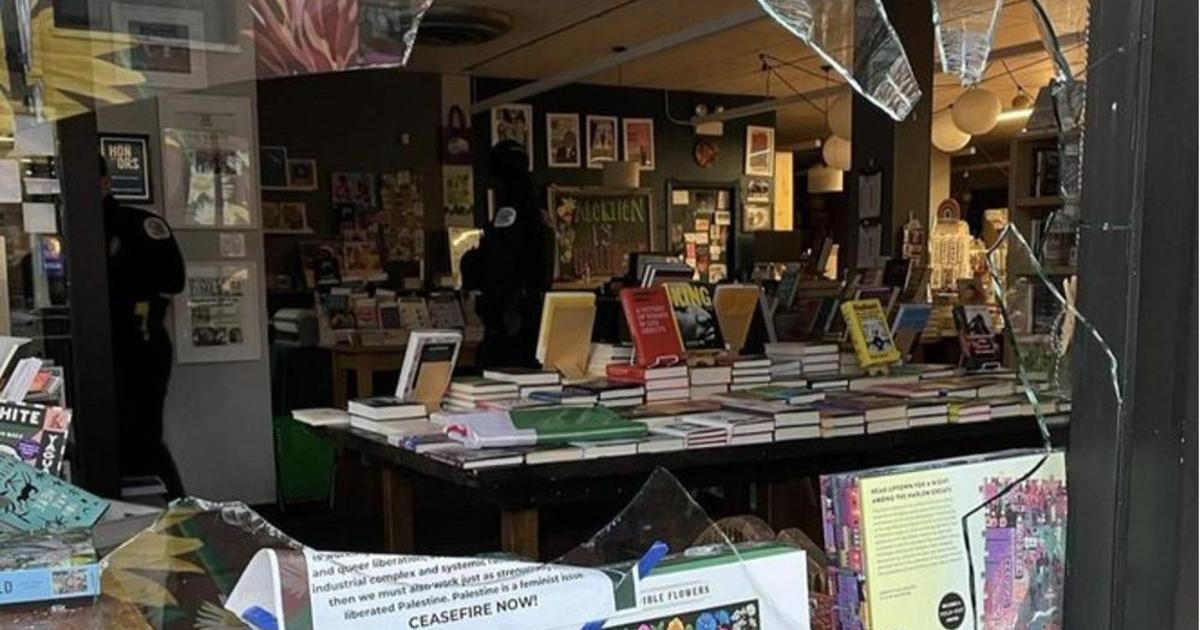What The Internet Thinks About Chicago
CHICAGO (CBS) -- Here is what the Internet thinks of Chicago:
It's cold.
It's windy.
It's segregated.
It's dangerous.
That is based on Google's "auto complete" feature when web users type in the words "Why is Chicago so ..."
From the Google support page, here is how the search engine determines the results: "As you type, Autocomplete predicts and displays queries to choose from. The search queries that you see as part of Autocomplete are a reflection of the search activity of users and the content of web pages indexed by Google."
By the way, here is the result for "Why Is Illinois so ..."
But are those "auto completes" actually true?
Is Chicago cold?
The weather this month certainly supports the notion that Chicago is cold. There have been seven days this month when the temperature was below zero.
However, the average high temperature in Chicago for January is 32 degrees. In fact, there have been nine days in which the high temperature broke freezing this month. "Cold" is a bit subjective.
Sure, that's still cold but there are places in the United States that are much colder. In Minneapolis, the average high is 24. Among bigger cities, Boston is warmer, with an average January high temperature of 36.
According to the Weather Channel, the five coldest towns in the United States are Caribou, Maine; Jackson Wyo.; Gunnison, Colo.; International Falls, Minn.; and Barrow, Alaska.
In Caribou, the average annual temperature is 39 degrees. In Barrow, it's 11.
So, yes, it's cold in Chicago, but it could be a lot worse.
Is Chicago 'windy'?
Of course, Chicago is nicknamed the "Windy City."
But is that actually because of the wind? Legend has it that the moniker was bestowed upon us because our local politicians had a reputation (and still, do) for a lot of bluster in their rhetoric. In 2004, Eric Zorn of the Chicago Tribune wrote about research that debunked that theory.
The cold winds that can blow off of Lake Michigan are known as "The Hawk." And they can be brutal.
However, according to the National Climatic Data Center, the average wind speed in Chicago is 10.3 mph.
Chicago doesn't even crack the top 50 in the country. Among large cities, Boston (12.2 mph) and New York (12.2 mph) have higher average winds.
Is Chicago segregated?
The answer is, yes.
In the 1950s and 60s public housing created an even greater divide among black and white, middle class and poor, most notably in places like the Robert Taylor homes. As Hispanics gradually become the largest minority in the city, the segregation continues.
The factors surrounding segregation in the city would take a series of articles to explain.
But the fact is, that it does exist.
Take a look at this map, created by Radical Cartography and based on U.S. Census data from 2010. The pink dots=White, orange=Hispanic, blue=Black:
Is Chicago dangerous?
On the whole, for a big city, not really.
Everybody agrees, from Mayor Emanuel to Police Supt. Garry McCarty to all the citizens that they serve, that there are too many shootings and too many murders.
Nearly all of that violence is the result of a massive, anarchic gang war in neighborhoods on the South and West sides.
McCarthy notes that violent crime was down in 2013--and in some categories the lowest in 50 years.
Nationally, Chicago gets a reputation as the murder capital of the U.S., which, as CBS Chicago's Mason Johnson notes, simply isn't true.
Crime grabs headlines in the media, and it does exist in all parts of Chicago. However, the crime levels for a city of 2.7 million are not out of the ordinary by any measure.
--John Dodge, CBS





